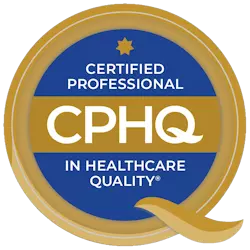Clostridioides Difficile Infection
Clostridium difficile (C. difficile) is a common bacterial gastrointestinal infection, causing almost half a million cases of illness in the United States each year.
Common symptoms include diarrhea, fever, stomach pain, nausea and loss of appetite. About 75% of cases are hospital-acquired, and are mostly reported in individuals who have been on antibiotics (sometimes antibiotics that were not needed), although other risk factors exist.
Treatment for C. difficile infection (CDI)
Published Guidelines exist for diagnosis and management of CDI. While many patients will achieve a cure with cessation of the current antibiotics and receipt of C. Diff specific antimicrobial therapy, this is not always the case. Relapse rates are high. Sometimes surgical therapy is required.
In conclusion, once a C. difficile infection is diagnosed, an Infectious Diseases specialist can be very helpful in determining the optimal treatment options to achieve a cure quickly. Similarly, and Infectious Diseases Expert Witness may be helpful in the evaluation of the care of a patient with C. diff.



